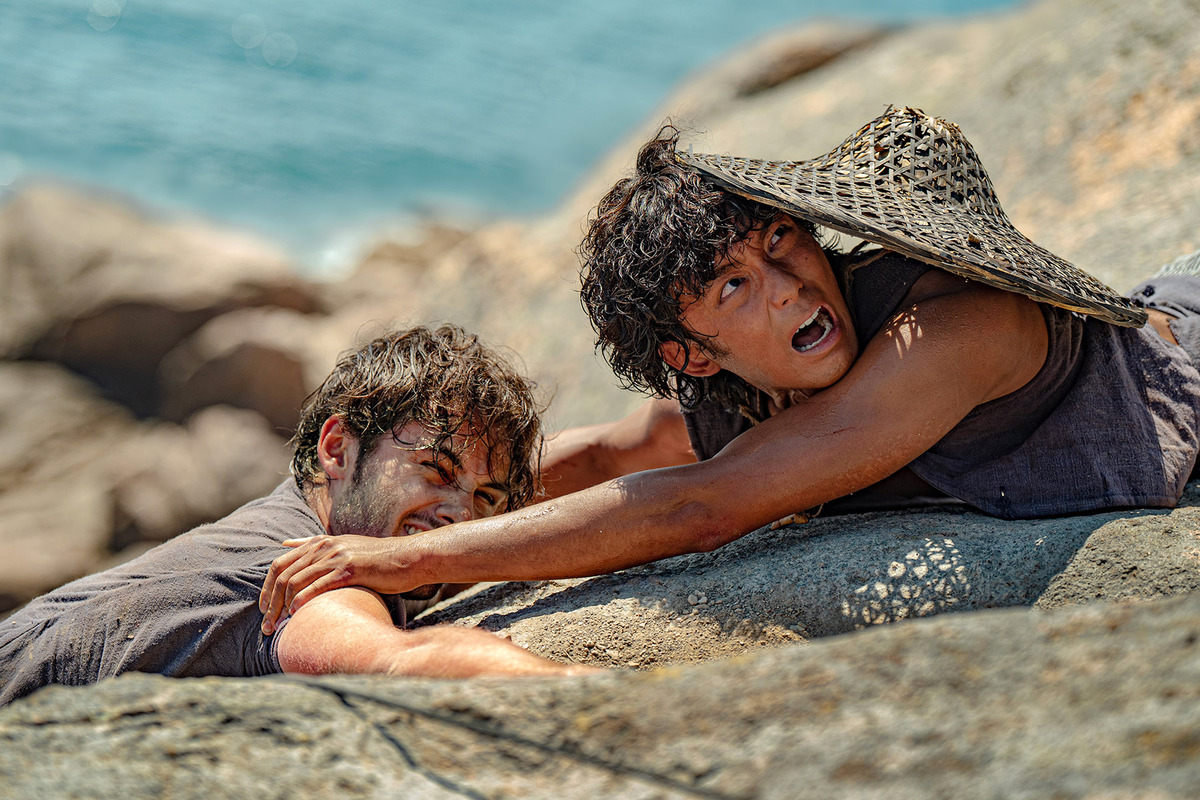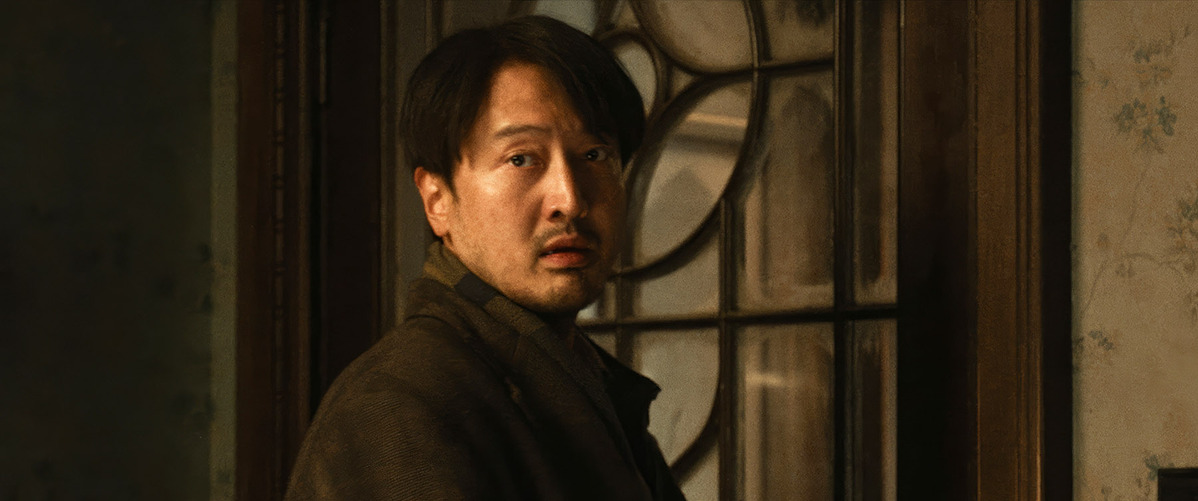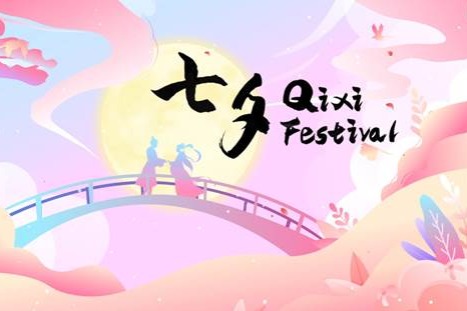War flicks fail to make the cut


The 80th anniversary of Japan's surrender in World War II on Sept 2 is an occasion to reflect on the Imperial Japanese Army's occupation of China. Two new releases — Guan Hu and Fei Zhenxiang's Dongji Rescue, and Shen Ao's Dead to Rights — have tried doing that by revisiting a time when it must have seemed that the occupation and related humiliations would go on forever.
In Dongji Rescue, brothers Ah Bi (Zhu Yilong) and Ah Dang (Leo Wu) live on the far side of Dongji Island in Zhejiang province. The small fishing community that they once belonged to has ostracized them for being so-called pirates. It's 1942 and their little island is embargoed by the Japanese army. When a Japanese cargo ship, with hundreds of British prisoners of war from Hong Kong on board, is torpedoed off the coast, the Japanese opt to evacuate and leave the Brits to drown. When Ah Dang pulls Thomas Newman (William Franklyn-Miller) from the water, it puts the brothers on a collision course with their occupiers as well as the fellow islanders that want to have nothing to do with them.

Dead to Rights can, reductively, be referred to as a Chinese Schindler's List. Both films are about the protagonist bending the rules to save lives while being seemingly friendly with an occupying, murderous oppressor. Set against the backdrop of the Nanjing Massacre in 1937, the film follows a Japanese military photographer, Hideo Ito (Daichi Harashima), whose job is to create propaganda. He takes his negatives to photo developer Su Liuchang (Liu Haoran), who earns Ito's trust with help from collaborator and translator Wang Guanghai (Eric Wang). But Su's interactions with Ito are fraught with danger, thanks to the rising number of Chinese citizens the former is hiding in the photo studio. Among them are Wang's mistress, Lin Yuxiu (Gao Ye), and the studio's actual owner, Jin Chengzong (Wang Xiao). Adding to the stress is the unsparing documentation of Japanese atrocities in Nanjing in Ito's photos.
Very loosely based on the same event recounted in Fang Li's stellar 2023 documentary, The Sinking of the Lisbon Maru, Dongji Rescue takes a decidedly more entertainment-based approach to the story. Ah Bi is a man of action, on the lines of Bruce Willis or Wu Jing, slinking around boat decks and back alleys and taking on quite literally an army of sadistic Japanese soldiers to save his brother, girlfriend and village. He becomes an unstoppable fighting machine in a story that gets too far away from the simple, selfless bravery of the real people involved in the rescue. The film should count as an action thriller rather than a historical drama.
That's not necessarily a bad thing though. Anyone looking for nuance and true humanity of the events would be wise to seek out Fang's documentary, but like Once Upon a Time in China or The Greatest Showman — films frequently disconnected from their truths — Dongji Rescue sheds its veracity in favor of a heightened narrative excitement.
Shen goes the other way in Dead to Rights. Infuriatingly bleak in its telling of history, the film turns out to be anti-inspirational. Its depiction of a never-ending parade of degradation makes it hard to feel the triumph in Su, Lin and Jin's final acts of low-key resistance.























